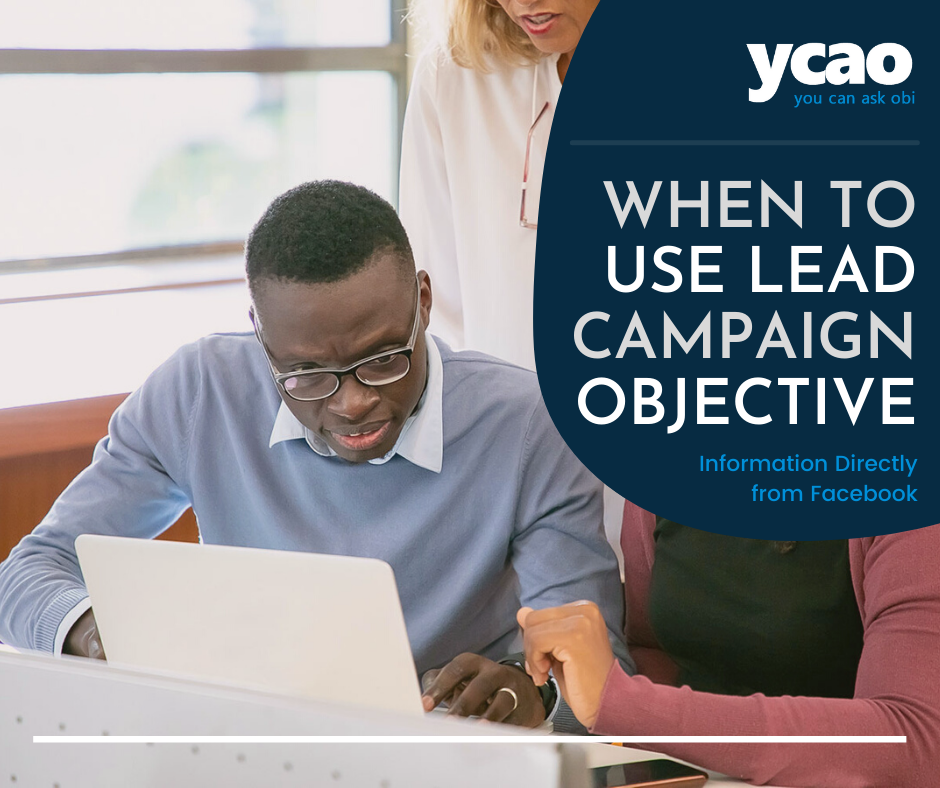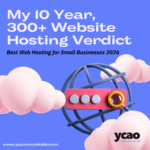Now Reading: Add to Cart or Purchase Event?
-
01
Add to Cart or Purchase Event?
Add to Cart or Purchase Event?

When creating a conversion campaign objective you are offered various conversion events to choose from; Add payment info, Add to cart, Add to wishlist, Complete registration, Contact, Customise product, Donate, Find location, Initiate checkout, Lead, Purchase, Schedule, Search, Start trial, Submit application, Subscribe, View content…
The option chosen would be determined by your aim and objective, for instance, the lead event is used to optimise for the submission of information by a customer with the understanding that they may be contacted at a later date by your business. For example, submitting a form or signing up for a trial.
So, should you optimise for purchase or add to cart?
Add to cart or purchase events are the two that most businesses & most Facebook advertisers focus on the most, particularly those that are advertising like e-commerce products or drop shippers trying to sell something people buy directly online. When you’re selecting your conversion event you’re basically saying to FB, “this is what I want you to optimise my campaigns for. So, Facebook, if you think that a certain type of person within my target audience is most likely to purchase, go ahead and put me out in front of that person. If you think a certain time of day gets more purchases, put out my ads at that time of day more than other times. If my ad would perform better on the Insta feed as opposed to FB stories, then do that”.
You basically send FB to do all these things, optimise my campaign for this; for purchase or for add to cart. Given that explanation you might think, I should always just optimise for purchases then, but the issue with doing that is that FB have said that in order to fully optimise a campaign, you need to be generating 50 conversions a week. Now there are lots of advertisers particularly new FB advertisers that may generate 50 add to cart events per week, but don’t generate 50 purchase conversion events per week because the average business might generate three or four times as many add to carts as they do purchase, and if you’re generating say 80 Add to carts a week, but only 20 purchases you might think, well, if I optimise for add to cart to my conversion event, then that’s going to get me out of the learning phase, that’s going to help Facebook optimise my campaigns better, I’m going to have overall better results with respect to purchase because I don’t meet the 50 criteria.
Well, not exactly. I would recommend going for purchase still, unless you’re going to be generating less than 10 purchases weekly. The reason why I recommend that is that I believe and it’s been tested enough to know that this is true; a partially optimised FB ad campaign that optimises for the purchase conversion event is better than a fully optimised add to cart conversion event. So it’s not fully optimised but it’s going for exactly what you want it to get, its going to outperform a fully optimised campaign that is optimising for add to cart.
So when you’re running conversion campaigns with the purchase event, you may well see learning limited pop up, don’t let that dissuade you from going with that setup. The downside to going for add to cart into conversion events is that Facebook is so good at getting what you asked for. So Facebook will go out and find the people, find the time of day, find the placement options, find all sorts of things that get you add to carts, but often those add to carts don’t then go on to convert to purchase. So for example, if we run a Facebook ad campaign with the conversion objective, optimising for the purchase conversion event, we may see a three to one add to cart purchase ratio so you get three add to carts for every purchase sometimes two to one, so on like that.
As I always emphasis, test, test, test and see which performs best, there’s always going to be exceptions to the rule where add to cart will perform best, but I think 95% of the time, purchase is the way to go provided you’re generating more than 10 purchases per week, you don’t need 50. Don’t worry if you see learning limited.













